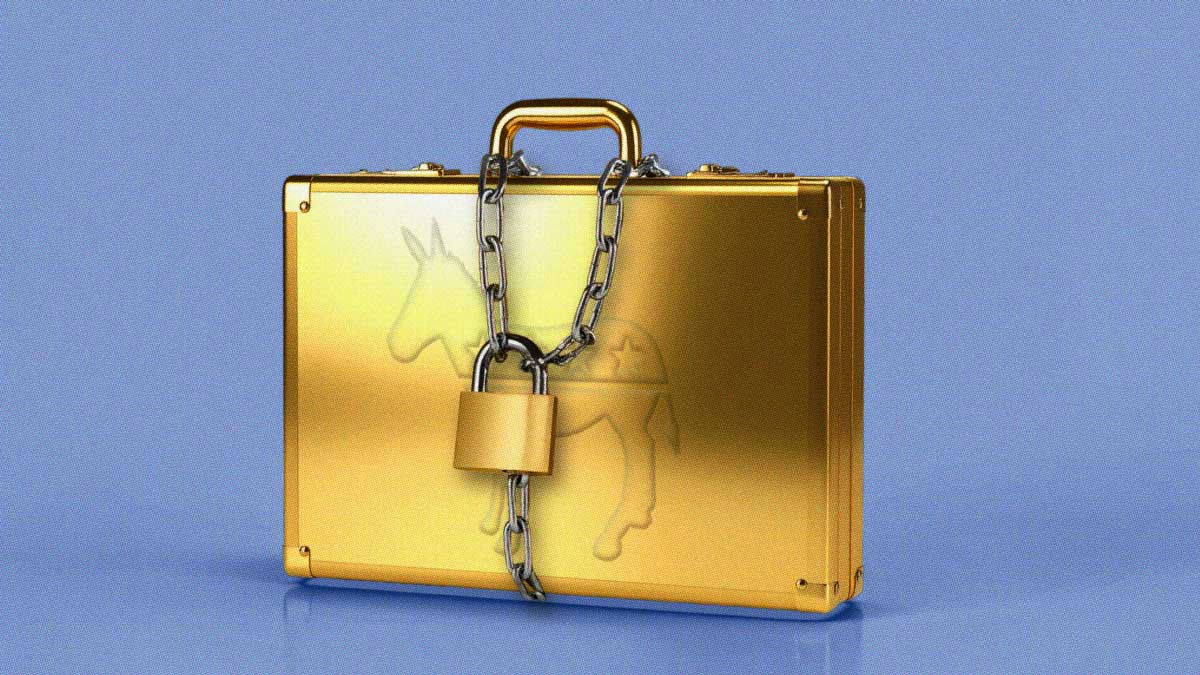Uber makes a power play, undercutting ex-CEO Kalanick
Uber, trying to speed away from the internal strife and legal issues that have plagued the ride-hailing service, is curbing former CEO Travis Kalanick's power.
The company is also taking on Japan's SoftBank Group as a major new investor.
The changes adopted unanimously Tuesday by Uber's 11-member board strip Kalanick and other early investors of the extra voting power they were originally granted to control the privately held company's direction, according to two people briefed on the board vote. The people spoke to The Associated Press on condition of anonymity because the board's decisions are considered confidential.
Kalanick, who stepped down as Uber's CEO in June under pressure from irate investors, was among the directors who approved putting everyone on equal footing. He agreed to the provision weakening his power partly to block another proposal that would have prevented him from ever returning as Uber's CEO, according to one of the people.
For now, the job of Kalanick's successor — Dara Khosrowshahi — appears safe. In another vote, the board agreed to pursue an initial public offering of Uber's stock by the end of 2019. Before an IPO, two-thirds of the board would have to approve a switch in CEOs, a provision designed to prevent Khosrowshahi's ouster, according to one of the people.
The truce cleared the way for SoftBank to invest about $10 billion in Uber and get two seats on an expanded board that will consist of 17 directors. SoftBank's investment is based on Uber's current valuation of about $69 billion.
If Uber's value declines amid all the trouble that has been swirling around the San Francisco company during the past year, SoftBank could end up investing slightly less than $10 billion. Either way, SoftBank is supposed to wind up with a 14 to 17 percent stake in Uber.
SoftBank will be buying the share from current investors who want to cash out of Uber. The firm is working with the Dragoneer Investment Group on the Uber deal, according to one of the people briefed on the transaction.
The company's reputation has been tarnished by revelations of rampant sexual harassment and bullying infecting its culture. It's also facing a high-profile lawsuit filed by Google spinoff Waymo that alleges Uber engineered a $680 million deal to steal its self-driving car technology. Uber is also under investigation for its use of technology to trick transportation regulators as it expanded its ride-hailing service through the U.S.
The turmoil triggered an investor backlash against Uber, ending Kalanick's reign over a company he co-founded in 2009.
Benchmark Capital, a major Silicon Valley venture capital firm that was among Uber's early backers, was so incensed at Kalanick it sued him, alleging he covered up the turmoil and legal threats that proved to be his downfall as CEO. That lawsuit will be dropped if the SoftBank deal is completed.
Even with Tuesday's attempt to make peace, the drama still might not be finished.
Two other investors in Uber, Shervin Pishevar and Steve Russell, vowed to file a class-action lawsuit seeking to reverse the board's decision to take away the extra voting power that had been previously granted. In a statement, they blasted the move as "unfair and illegal," culminating a "blatant bait and switch."



